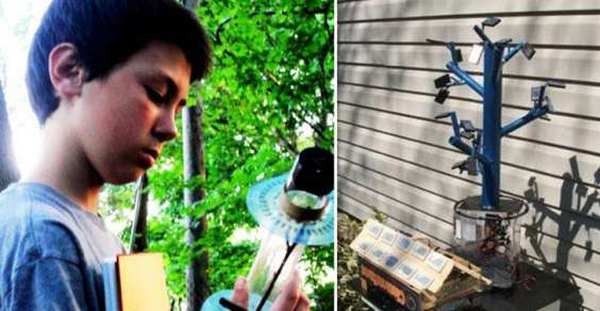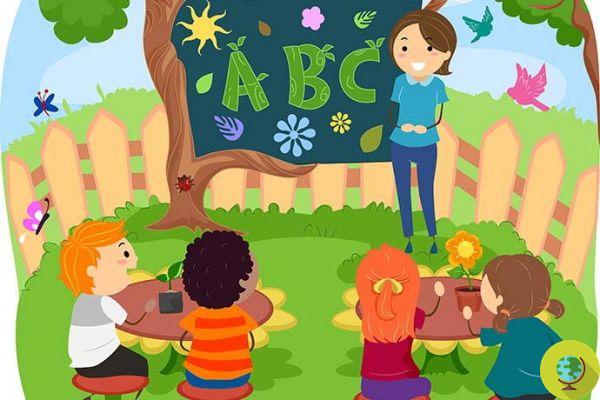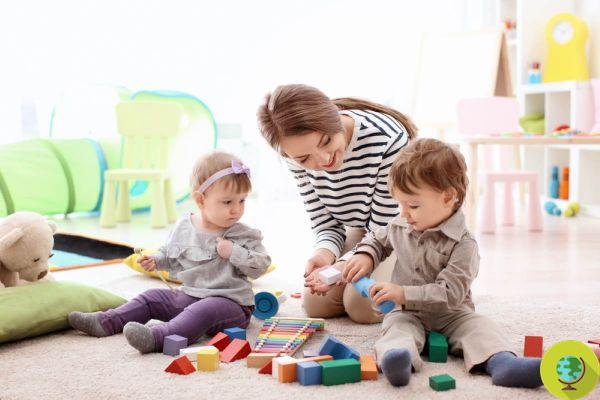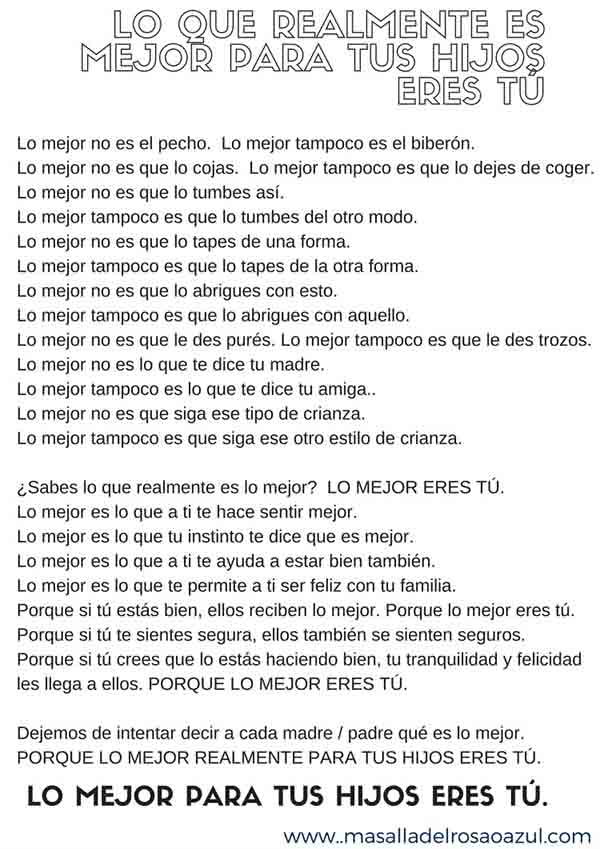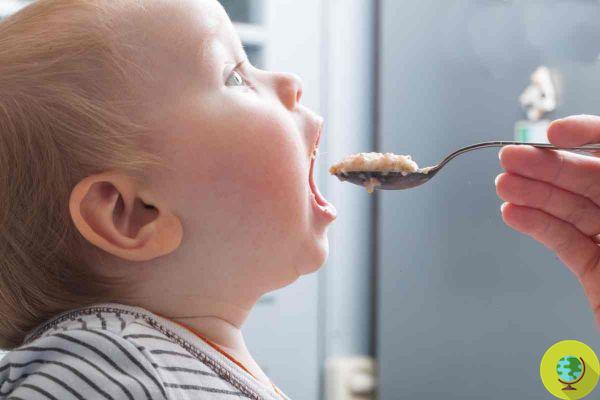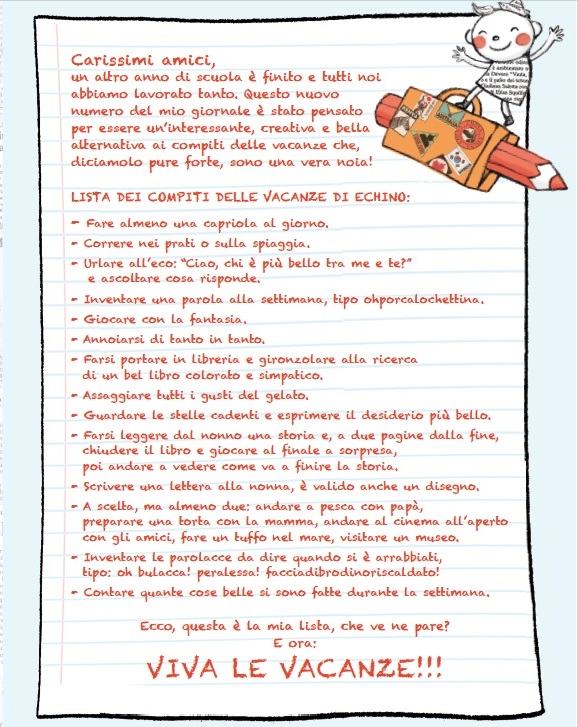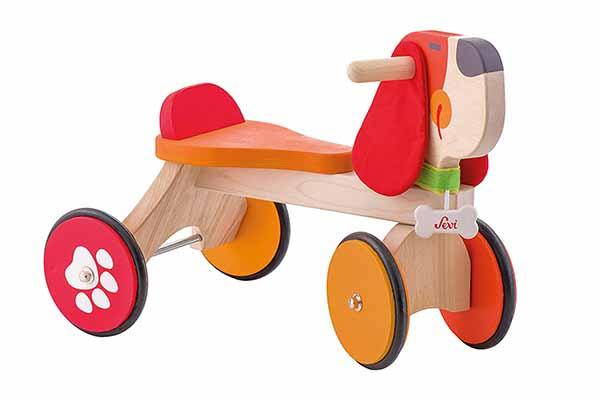
What can be done to educate children so that they are grateful and grateful? For some parents, it is difficult to resist the temptation to use Christmas presents as blackmail to achieve good behavior from children.
Don't store avocado like this: it's dangerous
What to do for educate children so that they are grateful and thankful? For some parents it is difficult to resist the temptation to use i Christmas gifts as blackmail to get good behavior from children.
At this time of the year emotions in the family are amplified. Parents are stressed by work and the crisis, while their children show up with long letters asking for gifts for Santa Claus or with much greater demands if they are older.
A new study, conducted byUniversity of Missouri-Columbia, invites parents to avoid turning gifts into tactics to get children to behave. In fact, good manners should never be tied to gifts and material objects. The study in question bears the title of "Material Parenting: How the Use of Goods in Parenting Fosters Materialism in the Next Generation" and was published in the journal Journal of Consumer Research.
According to experts, some tactics implemented by parents could lead their children to have problems in the future, in their adult life. They came to the conclusion that 3 strategy am precise implemented by parents can lead their children on the path of consumerism and materialism as adults. So parents should avoid:
1) Use i gifts as a reward when the children behaved well or achieved a goal (for example, they did their homework or won a game with their team).
2) Give a gift like showing of affection.
3) Remove favorite gifts or toys from children as a punishment.
According to Marsha Richins, among the experts who conducted the study, these techniques are dangerous in that children who receive many material rewards from their parents they will likely continue to reward themselves with material goods as they grow up, even into adulthood. And that would be problematic, in their opinion.
Children raised and educated with these strategies would end up believe that success in life is defined by the quality and number of material goods acquired and that the possession of many goods makes them more attractive. In the opinion of experts, too materialistic an attitude puts people at risk for marital problems, gambling addiction, financial problems and a reduced sense of well-being.
What matters is to really teach children to appreciate the value of objects for what they are (neither a punishment nor a substitute for affection) and explain the importance of gratitude to them. This is perhaps the best way to challenge the habits of the consumer society in which we live.
The approach "Less is more"in short, it would also work with children and would help parents to be more present and not to consider gifts for their children as an ideal strategy to replace the affection that for various reasons they are unable to give. Hence, especially at this time of year as we approach Christmas, parents should consider the exchange of gifts as a time to purely emphasize joy and gratitude, without ulterior motives.
Marta Albè
Photo source: leavittome.co.za
Read also:
Gifts for children: 7 unique and heartfelt gift ideas




